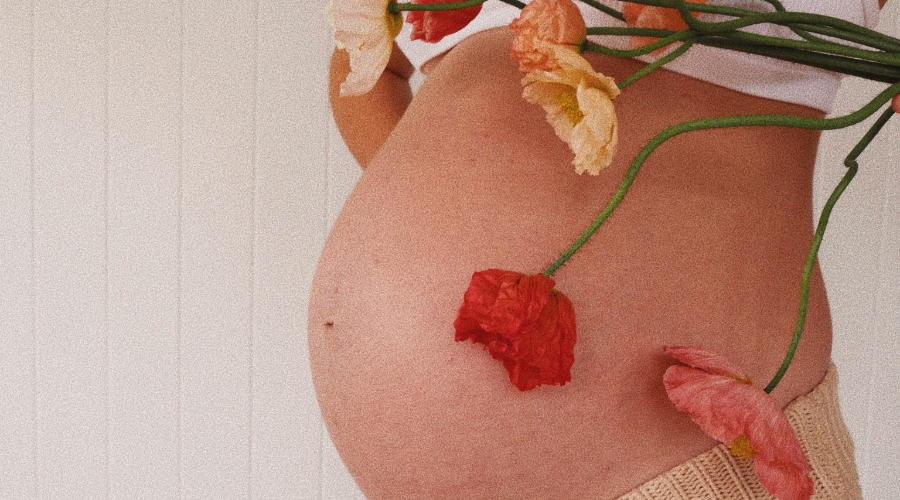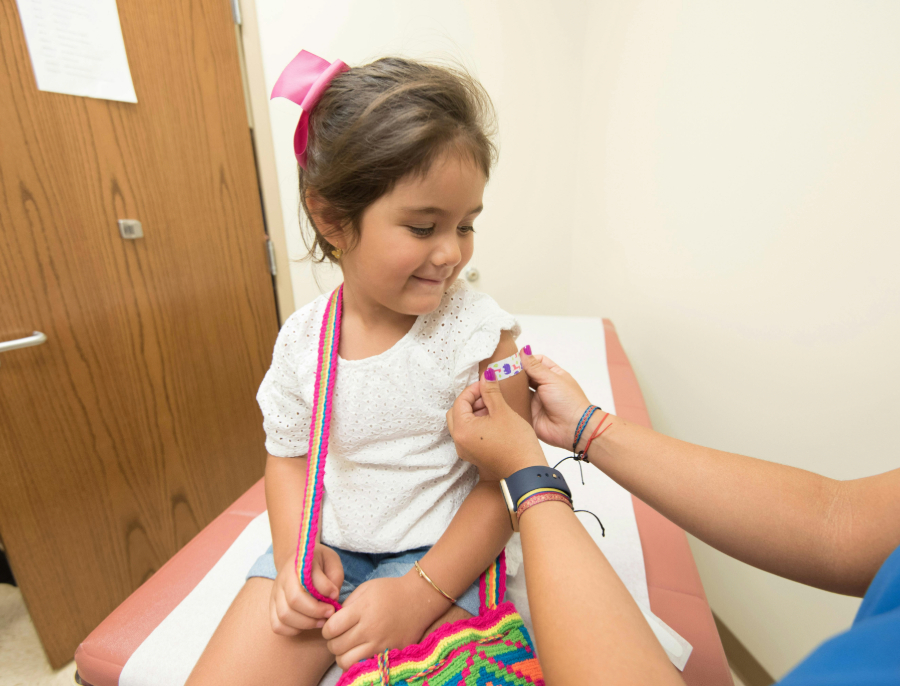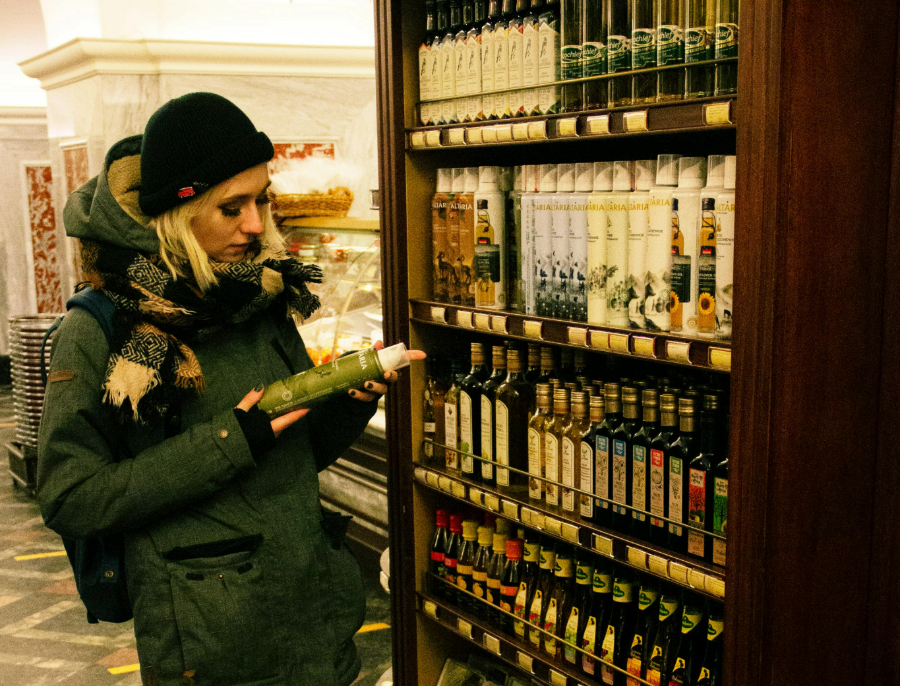Embracing Alternative Paths to Parenthood: What to Know About Holistic Fertility Approaches

Fertility is one of life’s profound mysteries, and for many, the journey to parenthood isn’t always straightforward. Take Lauren and Michael Bosstick on the Him & Her podcast, who recently shared their experience using reiki to prepare themselves emotionally and spiritually for welcoming a child. While energy healing might seem unconventional, it’s one of many ways people are creating space for their growing families, sparking important conversations about non-traditional approaches to fertility.
For some, alternative fertility treatments aren’t just trendy—they’re a holistic complement to medical approaches. Whether it’s acupuncture, herbal remedies, or mindfulness practices, these methods are part of a broader effort to reduce stress, balance hormones, and promote overall well-being during a challenging time.
Understanding the Numbers
Infertility is more common than many realize. According to the CDC, about 1 in 5 women (19%) in the U.S. struggle to conceive after one year of trying. For couples, the number hovers around 13%. These challenges are compounded by the fact that more people choose to have children later in life, often prioritizing education, career, and financial stability.
Research shows that fertility rates begin to decline significantly with age 35. By 40, a woman’s chance of getting pregnant each month drops to about 5%, according to the American College of Obstetricians and Gynecologists (ACOG). Meanwhile, male fertility can also decline with age, affecting sperm quality and motility.
Fortunately, with medical advances like in-vitro fertilization (IVF) and egg freezing, alongside holistic methods gaining recognition, people have more options than ever for building their families. For many, alternative treatments act as a supportive bridge between traditional approaches and the emotional complexities of infertility.
Evidence-Based Alternative Treatments
While medical science remains central to treating infertility, research increasingly supports the benefits of certain alternative therapies for couples trying to conceive. Here are a few of the most promising approaches
1. Acupuncture
Acupuncture, a traditional Chinese medicine practice, involves inserting thin needles into specific points on the body to improve energy flow. Studies suggest that acupuncture can enhance blood flow to the reproductive organs and regulate hormones. A review published in the journal Human Reproduction Update found that acupuncture can improve IVF outcomes when used alongside medical treatment.
2. Mindfulness and Meditation
Stress can negatively impact fertility by interfering with hormonal balance. Mindfulness and meditation help reduce cortisol levels—the body’s primary stress hormone—creating a more conducive environment for conception. Apps like Headspace and Calm offer guided meditations specifically designed for fertility.
3. Herbal Remedies
Certain herbs like maca root, vitex (chaste tree berry), and red raspberry leaf are commonly used to support reproductive health. While some anecdotal evidence supports their use and research continues to emerge, it’s essential to consult a healthcare professional before incorporating them into your routine, as they can interact with other medications.
4. Reiki and Energy Healing
As Lauren Bosstick highlighted, reiki involves a practitioner channeling energy to promote relaxation and healing. While scientific evidence on reiki’s impact on fertility is limited, many people report feeling more emotionally balanced and optimistic after sessions, which can be crucial during the stress of trying to conceive.
5. Nutrition and Lifestyle Changes
Diet plays a critical role in reproductive health. Foods rich in antioxidants, omega-3 fatty acids, and whole nutrients have been linked to improved fertility outcomes. Equally important is avoiding processed foods, alcohol, and excessive caffeine while maintaining healthy weight and activity levels.
The Bottom Line
The path to parenthood looks different for everyone, and there’s no one-size-fits-all solution. Alternative fertility treatments can offer emotional, physical, and spiritual support, but they are most effective when used alongside medical advice. Always consult a qualified healthcare provider before starting any new treatment or supplement regimen.
For anyone navigating infertility, remember: you’re not alone, and there are resources and communities ready to support you. Whether through reiki, acupuncture, or simply sharing your story, exploring holistic paths might be the missing piece in your fertility puzzle. The key is to find what resonates with your body and spirit while keeping hope alive.



















